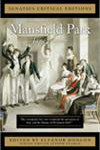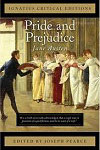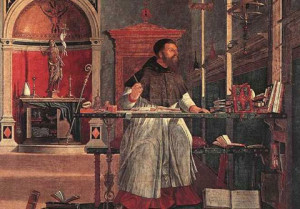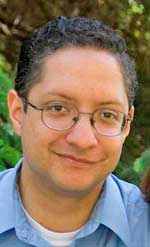Podcast: Play in new window | Download (Duration: 31:39 — 21.8MB) | Embed
Subscribe: Apple Podcasts | Spotify | Amazon Music | Android | Pandora | iHeartRadio | JioSaavn | Podchaser | Gaana | Podcast Index | Email | TuneIn | Deezer | Anghami | RSS | More
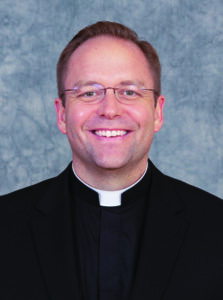
Jesus Calls Without Fear – Is Jesus Calling You with Fr. Paul Hoesing
Fr. Paul Hoesing and Kris McGregor reflect on how God calls everyone to good things and never through fear, confusion, or pressure, which are tactics of the spirit against Christ. They discuss how Jesus brings peace, not fear, as shown in biblical events like Jesus calming the disciples’ fears in the upper room.
The importance of recognizing and understanding different voices influencing one’s discernment: the voice of Christ, which brings peace and clarity; the voice of the world, which can create distractions; one’s own inner voice, often a mix of emotions and thoughts; and the voice of the enemy, which uses fear and subtle temptations.
Fr. Hoesing tells us of the need for trust and focus on Jesus, especially in prayer and the sacraments, to discern God’s will by using various examples, such as Patrick, who discerned a call to marriage while in seminary, and Michael, whose discernment journey fluctuated with his spiritual focus. This gives us a call to trust in God’s guidance through peaceful and consistent prayer, anchoring in Christ to navigate through fear and confusion.
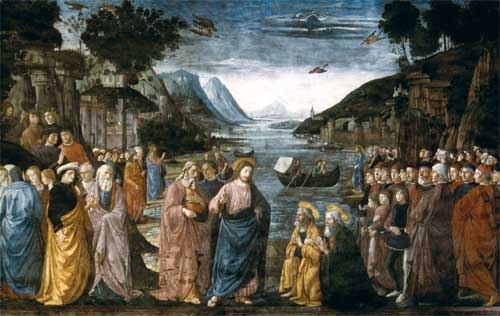
Discerning Hearts Reflection Questions:
- Recognizing God’s Voice: How can you distinguish the voice of Christ from other voices in your life?
- Experiencing Peace: When have you felt a deep sense of peace during prayer or at Mass?
- Identifying Fear: What are some fears that arise when you think about your vocation, and how do you address them?
- Trusting God’s Plan: Do you trust that God has a good plan for your life? Why or why not?
- Reflecting on Desires: What desires come to your mind when you are in a state of peaceful prayer?
- Seeking Clarity: How do you seek clarity and discernment in your prayer life?
- Embracing the Sacraments: How do the sacraments, especially the Eucharist and Confession, help you in your discernment?
- Confronting Confusion: When do you feel most confused about your vocation, and how do you find resolution?
- Learning from Examples: What can you learn from the experiences of others who have discerned their vocations?
- Deepening Your Relationship with Christ: How can you deepen your encounter with Christ to better discern His will for you?
Based on “Is Jesus Calling You To Be A Catholic Priest: A helpful guide”, published by National Conference of Diocesan Vocation Director.
Fr. Paul Hoesing serves at Kenrick-Glennon Seminary as President Rector

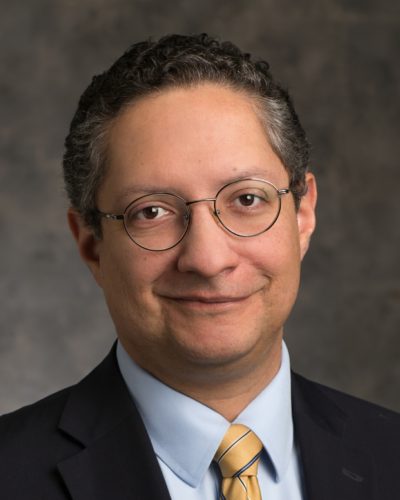
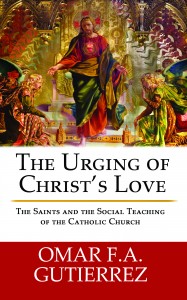
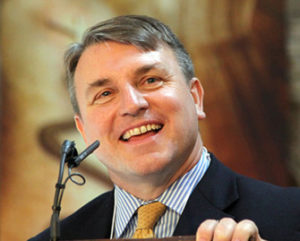
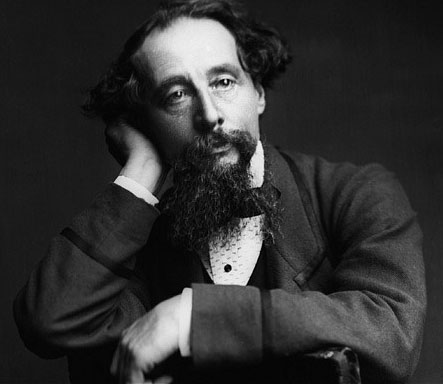


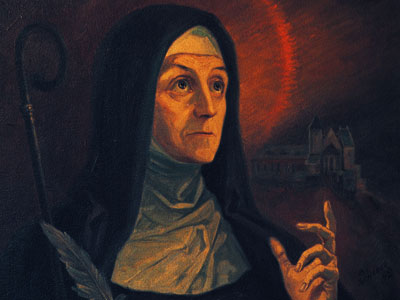
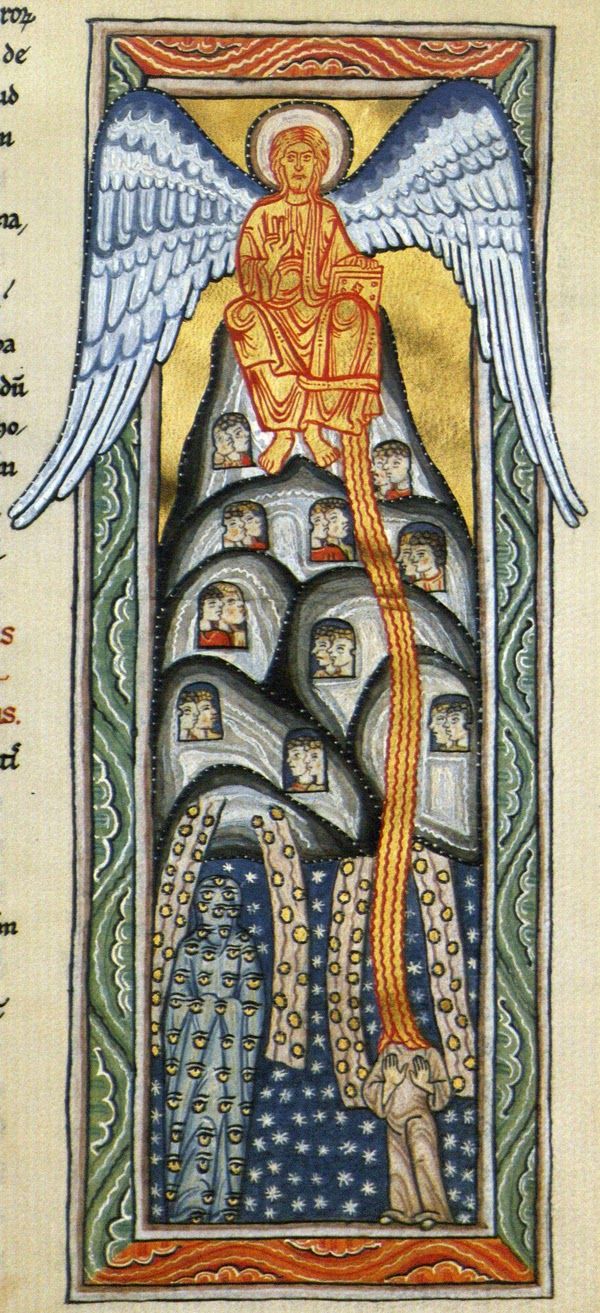

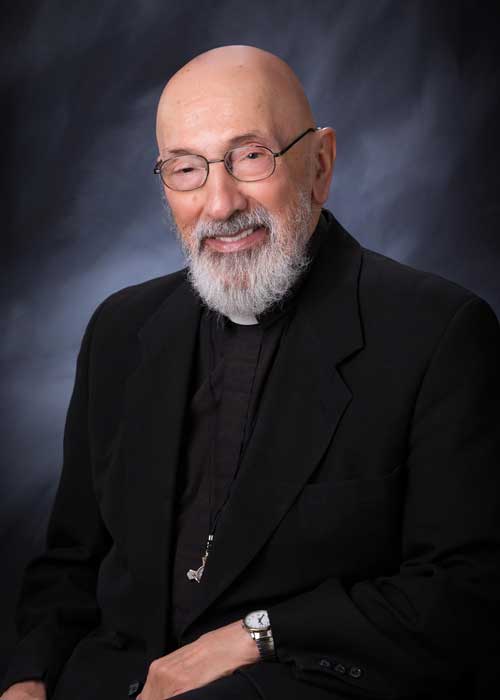
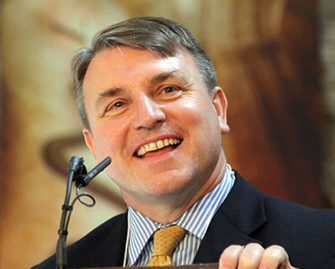
 In all things, Jane Austen was a woman of faith. Perhaps nowhere is this more apparent than in Mansfield Park, her most neglected, abused, and misunderstood novel. Like Austen’s other novels, it can be fully appreciated only when illuminated by the virtuous life and Christian beliefs of the author herself.
In all things, Jane Austen was a woman of faith. Perhaps nowhere is this more apparent than in Mansfield Park, her most neglected, abused, and misunderstood novel. Like Austen’s other novels, it can be fully appreciated only when illuminated by the virtuous life and Christian beliefs of the author herself.